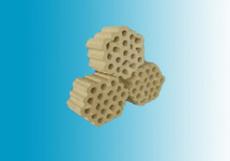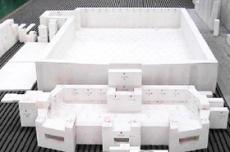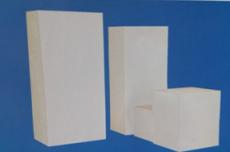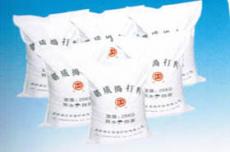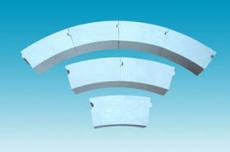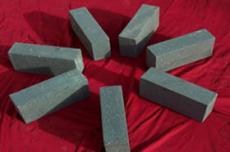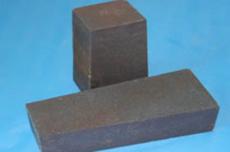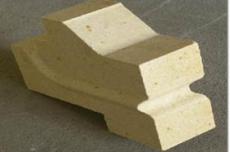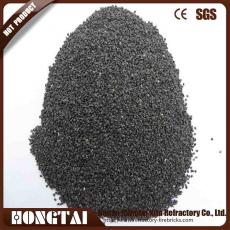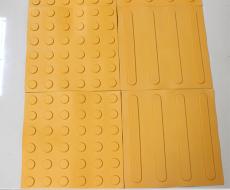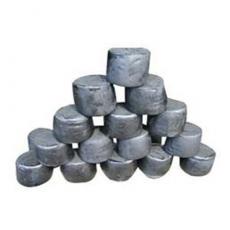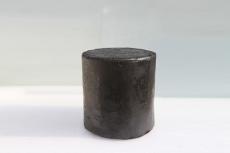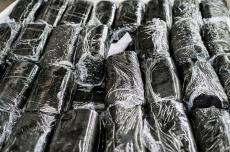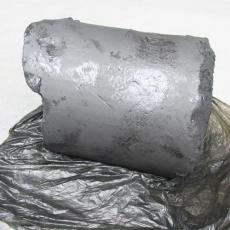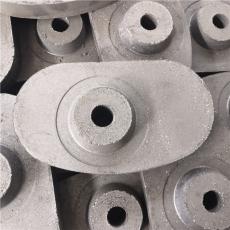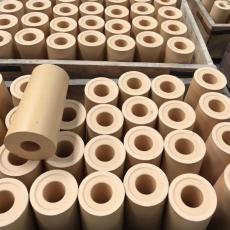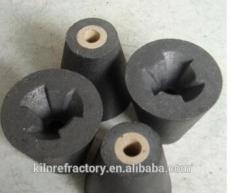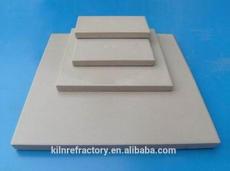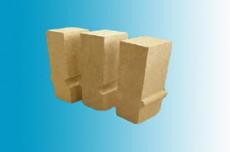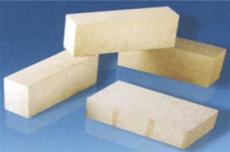
Refractories for Lining Heat Treatment Furnaces
The structural materials of most heat treatment furnaces are refractories and insulating materials. This is because heat treatment furnaces are often exposed to high temperatures during operation. All non-metallic materials that can withstand high temperatures and the resulting physical and chemical effects are called refractories. In the design and construction of heat treatment furnaces, the rational selection of refractories and insulating materials is essential to meet the requirements of the heat treatment process, extend furnace life, save energy, and reduce costs. First, let's understand the most commonly used refractories. The most common refractories in heat treatment furnaces include clay bricks, high-alumina bricks, lightweight clay bricks, silicon carbide refractories, aluminum silicate refractory fibers, and refractory concrete. Commonly Used Materials
01 The main raw materials for clay bricks are refractory clay and kaolin. Clay bricks are widely used in heat treatment furnaces and can also be used as structural materials for the top and bottom of the furnace. However, due to their low acidity, they corrode iron and aluminum heating elements, so they cannot be used as support bricks for electric heating elements or as linings for furnaces with high-carbon atmospheres.
02 High-alumina bricks and corundum products are characterized by high refractoriness, a service temperature of up to 1500°C, high structural strength at high temperatures, and excellent chemical stability. They are mainly used for lining high-temperature heat treatment furnaces and salt bath furnaces, as support bricks for electric heating elements, etc. Corundum products belong to the high-alumina brick category and are characterized by their high structural strength and refractoriness at high temperatures. They are often used for resistance wire core rods and support bricks, thermocouple sleeves, bottom bricks, etc. in high-temperature furnaces. 3. Lightweight and ultra-lightweight refractory clay bricks are characterized by their low softening point, low high-temperature strength, low chemical stability, and large volume variation. They are suitable as a protective layer for heat treatment furnace linings. When high-temperature structural strength and refractoriness meet the requirements, it is recommended to use lightweight refractory clay bricks whenever possible.
04. Silicon carbide refractories are characterized by fire resistance exceeding 2000°C, high-temperature structural strength, wear resistance, and excellent thermal conductivity. Depending on the manufacturing process, they can be used for electric heating parts of high-temperature furnaces, high-temperature furnace bottom plates, etc.
05 Aluminum silicate refractory fiber is a new type of soft fibrous refractory with fire resistance and heat retention. Refractory fibers are classified as aluminum silicate, quartz, alumina, graphite, etc., depending on the raw materials used. They are characterized by their lightness, excellent thermal stability, low thermal conductivity, and ease of processing and construction. They can also be manufactured as prefabricated blocks or panels sandwiched between two layers of refractory. Generally, aluminum silicate fibers are used in heat treatment furnaces, while graphite fibers are used as refractories in vacuum furnaces, hot-press furnaces, atmospheric furnaces, etc. However, depending on the atmosphere of the heat treatment furnace, some refractory fibers may have a corrosive effect on them, which may affect their range of uses.
06 Refractory concrete is a refractory material obtained by cementing, molding, and hardening alumina clinker with a specific particle size as an aggregate. It has the advantage of streamlining furnace repair and construction, and its service life is equivalent to that of refractory bricks, which reduces costs. The disadvantage is its low fire resistance.
